Research
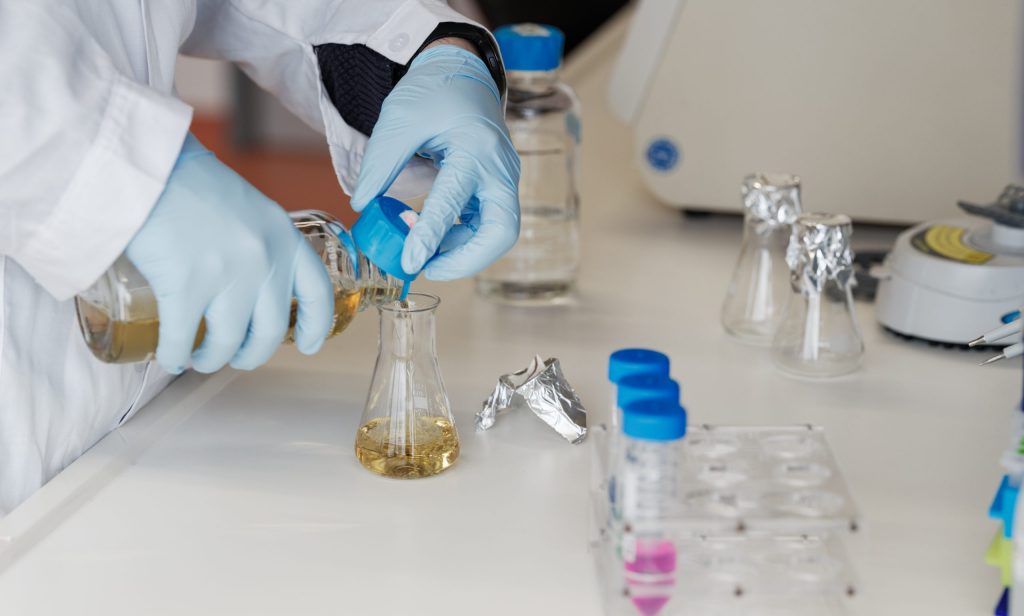
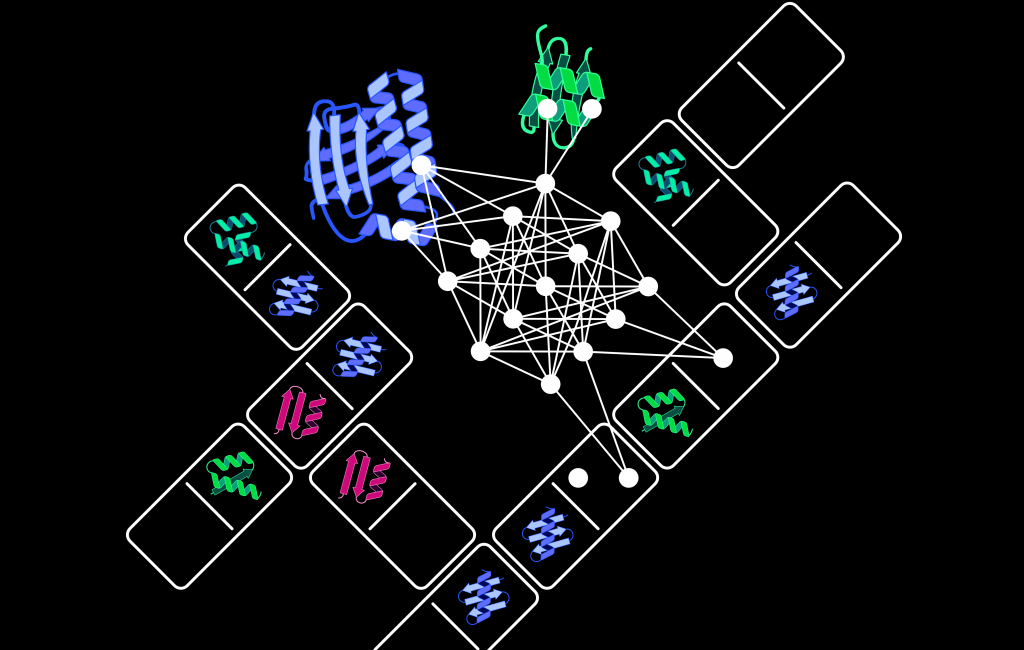
Cellular life relies on highly dynamic processes such as growth, metabolism and responses to stimuli, all orchestrated by proteins. Like the processes they control, proteins themselves are dynamic, acting as molecular machines that adopt multiple structural conformations to perform complex tasks. Understanding and harnessing this dynamic behavior is equally essential for elucidating the molecular basis of health and disease, and for programming entirely new cellular functions. Our research addresses this fundamental challenge by interrogating and engineering protein conformational dynamics, both to deepen our understanding of cellular processes and to develop controllable molecular tools with broad biomedical and biotechnological applications.
Our group develops tools for the precise regulation of proteins by various exogenous stimuli. We aim to address one of the main challenges Synthetic Biology and Biotechnology are facing: the persisting lack of precise methods for the flexible and reversible control of living cells. To this end, we focus on the exploration of physical stimuli beyond light that will open up new avenues for the non-invasive regulation of genome editing tools and beyond.
Our research combines rational protein engineering with machine learning-guided protein design and high-throughput functional assays.
Contact: jan.mathony@uni-heidelberg.de
TEAM
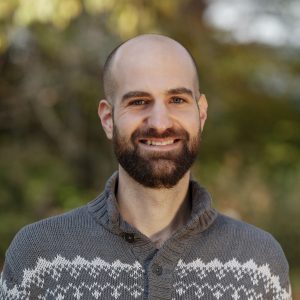
Dr. Jan Mathony
Junior Group Leader
Research Interest: Switchable Proteins, Allostery, CRISPR
Hobbies: Hiking, Photography, Music
Download CV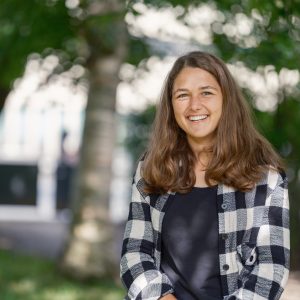
Ann-Sophie Kröll
Ph.D. Student
Research Interest: Genome Editing, Protein Engineering, Protein Switches
Hobbies: Quidditch, Basketball
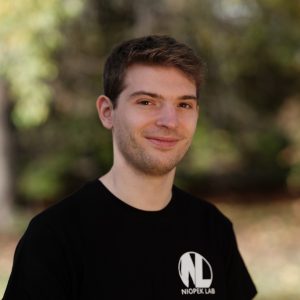
Luis Hauptmann
Ph.D. Student
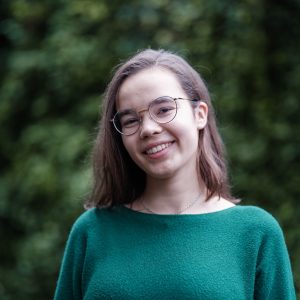
Nele Pascale Happ
Master Student, MobiTech
Research Interest: Genome Editing, Thermal Protein Switches
Hobbies: Swimming, Hiking, Reading
Alumni
- Tobias Kreusel (B.Sc. Thesis)
- Enno Schäfer (B.Sc. Thesis)
- Yoana Onishtenko (Intern)
- Georgi Georgiev (Intern)
- Kira Hoffmann (B.Sc. thesis, Intern)
- Philip Kaspar (Intern)
- Nikolas Motzkus (Intern)
- Felicitas Vogd (Intern)
- Joshua Eigenmann (Intern)
- Dustin Schilling (Intern)
- Philipp Münch (B.Sc. thesis, M.Sc. thesis)
- Stefan Holderbach (Intern)
Publications
Wolf B., Shehu P., Brenker L., von Bachmann A., Kroell A., Southern N., Holderbach S., Eigenmann J., Aschenbrenner S., Mathony J.# and Niopek D.# (2025). Rational engineering of allosteric protein switches by in silico prediction of domain insertion sites. Nature Methods, 22, pages 1698–1706, https://www.nature.com/articles/s41592-025-02741-z. (BioRxiv: https://doi.org/10.1101/2024.12.04.626757)
Brenker L.*, Aschenbrenner S.*, Bubeck F.*, Staykov K., Gebhardt C., Wolf B., Jendrusch M., Kröll A., Mathony J. and Niopek D. (2025). A Versatile Anti-CRISPR Platform for Opto- and Chemogenetic Control of CRISPR-Cas9 and Cas12 across a Wide Range of Orthologs. Nucleic Acids Research, gkaf752. https://doi.org/10.1093/nar/gkaf752.
Muench P., Fiumara M., Southern N., Coda D., Aschenbrenner S., Correia B., Graeff J., Niopek D.#, and Mathony J.# (2024). A modular toolbox for the optogenetic deactivation of transcription. Nucleic Acids Research, gkae1237. https://doi.org/10.1093/nar/gkae1237. (BioRxiv: https://doi.org/10.1101/2023.11.06.565805.)
Stadelmann T.*, Heid D.*, Jendrusch M.*, Mathony J., Rosset S., Correia B.E., and Niopek D. (2024). A deep mutational scanning platform to characterize the fitness landscape of anti-CRISPR proteins. Nucleic Acids Research, gkae1052. https://doi.org/10.1093/nar/gkae1052 (BioRxiv: https://doi.org/10.1101/2021.08.21.457204.)
Mathony J., and Niopek D. (2023). Domäneninsertion: Untersuchung zur Konstruktion schaltbarer Hybridproteine. BIOspektrum 29, 595–598. https://doi.org/10.1007/s12268-023-2032-6.
Mathony J.#, Aschenbrenner S., Becker P., and Niopek D.# (2023). Dissecting the Determinants of Domain Insertion Tolerance and Allostery in Proteins. Advanced science (Weinheim, Baden-Wurttemberg, Germany) 10, e2303496. https://doi.org/10.1002/advs.202303496. (BioRxiv: https://doi.org/10.1101/2023.04.11.536407)
Adam L.*, Stanifer M.*, Springer F., Mathony J., Brune M., Di Ponzio C., Eils R., Boulant S., Niopek D.#, and Kallenberger S.M.# (2023). Transcriptomics-inferred dynamics of SARS-CoV-2 interactions with host epithelial cells. Science signaling 16. https://doi.org/10.1126/scisignal.abl8266. (BioRxiv: https://doi.org/10.1101/2021.07.04.450986)
Mathony J., and Niopek D. (2021). Enlightening allostery: designing switchable proteins by photoreceptor fusion. Advanced Biology 5, 2000181. https://doi.org/10.1002/adbi.202000181.
Hoffmann M.D.*, Mathony J.*, Upmeier zu Belzen J., Harteveld Z., Aschenbrenner S., Stengl C., Grimm D., Correia B.E., Eils R., and Niopek D. (2021). Optogenetic control of Neisseria meningitidis Cas9 genome editing using an engineered, light-switchable anti-CRISPR protein. Nucleic acids research 49, e29. https://doi.org/10.1093/nar/gkaa1198. (BioRxiv: https://doi.org/10.1101/858589)
Mathony J., Hoffmann M.D., and Niopek D. (2020). Optogenetics and CRISPR: a new relationship built to last. Photoswitching Proteins: Methods and Protocols, 261–281. https://doi.org/10.1007/978-1-0716-0755-8_18.
Mathony J.*, Harteveld Z.*, Schmelas C.*, Upmeier zu Belzen J., Aschenbrenner S., Sun, W., Hoffmann, M.D., Stengl C., Scheck A., Georgeon S., et al. (2020). Computational design of anti-CRISPR proteins with improved inhibition potency. Nature chemical biology 16, 725–730. https://doi.org/10.1038/s41589-020-0518-9. (BioRxiv: https://doi.org/10.1101/685032)
Upmeier zu Belzen J., Bürgel T., Holderbach S., Bubeck F., Adam L., Gandor C., Klein M., Mathony J., Pfuderer P., Platz L., et al. (2019). Leveraging implicit knowledge in neural networks for functional dissection and engineering of proteins. Nature Machine Intelligence 1, 225–235. https://doi.org/10.1038/s42256-019-0049-9.
Contact
Jan Mathony
Institute of Pharmacy and Molecular Biotechnology (IPMB)
Heidelberg University
Im Neuenheimer Feld 364
4th floor, room 408
69120 Heidelberg, Germany
Email: jan.mathony@uni-Heidelberg.de
